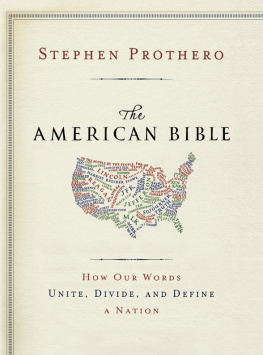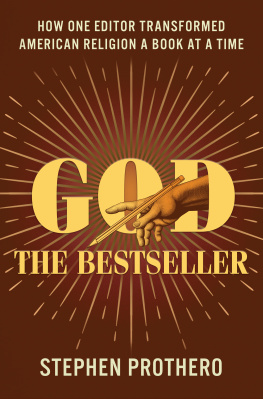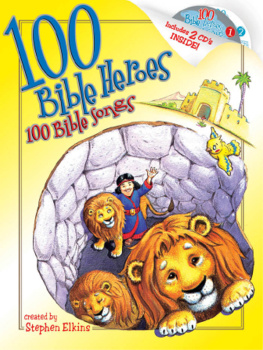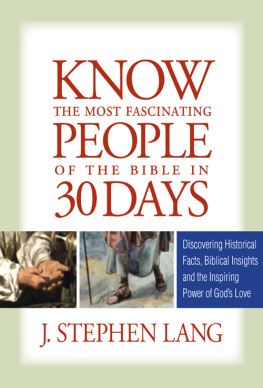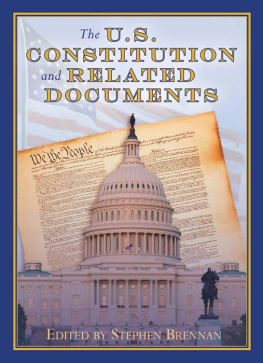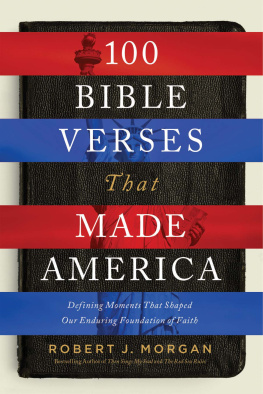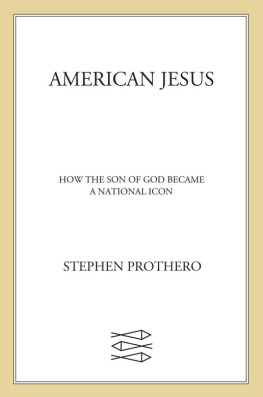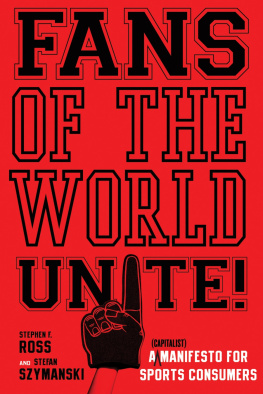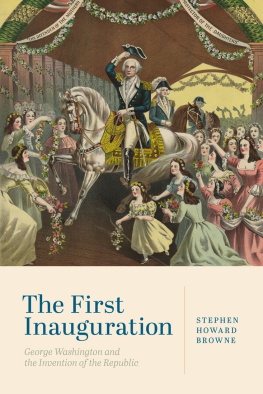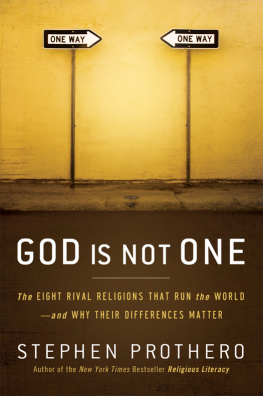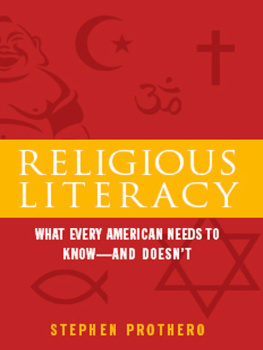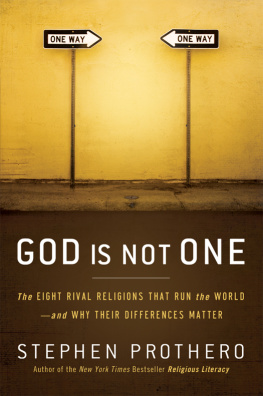W ORDS MATTER . They move individuals to tears and to action. They make or break communities. In Israel and the Palestinian territories, India and Pakistan, Great Britain and the United States, words tie people together and tear them apart. Socrates lives because of Platos dialogues. The world remembers Jesus because of the words of Matthew, Mark, Luke, and John. And what Americans recall of Paul Revere we owe to the poetry of Henry Wadsworth Longfellow.
In his Gettysburg Address, perhaps the greatest American speech ever, President Lincoln said, The world will little note nor long remember what we say here, but it can never forget what they did here. He was wrong. Americans have largely forgotten what Union and Confederate soldiers did at Gettysburg during three bloody days in July 1863, but we have not forgotten Lincolns words, which continue to be quoted and misquoted, interpreted and misinterpreted for all sorts of purposes. In the few minutes Lincoln spoke at Gettysburg, he explained why the Civil War was being waged, why the Union was worth preserving, and why the United States was founded. His wordsconceived in liberty... dedicated to the proposition that all men are created equal... a new birth of freedomare now part of our lexicon. They live not because Americans agree with everything Lincoln said, but because they agree that everything he said is worth debating. What does it mean to affirm government of the people, by the people, for the people? It depends on whom you ask. And if you ask enough Americans you will see that the nation rests not on agreement about its core ideas and values, but on a willingness to continue to debate them.
From the beginning of the American experiment, foreign visitors noted a key difference between the United States and its European kin. It was not held together by blood or custom. Its citizens had no common history going back to the ancients. They spoke different languages and worshipped in different ways. If there is a What constituted America, these observers argued, were ideasa common commitment to key words such as liberty, equality, constitutionalism, and republicanism.
But that is not quite right. At least it is not complete, because these ideas conflict with one another. Our republic of letters is a republic of conversation, constituted, divided, reconstituted, and maintained by debate over the meaning of America and Americans. Whenever we say, That is un-American or That is what America is all about, we are declaring our allegiance to this republic. And whenever our fellow citizens disagree with us, they are doing the same. Such declarations are charged because our unity is fragile. In every generation our pluribus threatens to overtake our unum; in every generation the nation must be imagined anew. So we are forever anxious about possible threats to our unity: immigrants, traitors, un-American ideas.
Americans agree to a surprising degree about which symbols and ideas are central to our national life, but we disagree profoundly about what these symbols and ideas mean and how they ought to be translated into public policies. The fights Americans have about who has stolen America and who is going to take it back focus, to be sure, on key words such as liberty and equalityon the ideas that energized the new nation and, for a time, rent it asunder. But this conversation is also inspired by key phrasesa city on the hill, We the people, one nation, under God, I have a dreamand by inescapable speeches, songs, and stories that carry these words and phrases down through the generations. Finally, and most important, Americas conversation about itself is fueled by passion. Words have the power to make things happen, but that power is weak unless it is sparked by the passions that thinkers from David Hume to David Brooks have seen as the key drivers of political action and human history.
Perhaps because of Americas strong Christian heritage, it seems natural to many U.S. citizens to imagine that our unity is creedal, resting on some political analogue to the Ten Commandments or the Nicene Creed. To be an American is not to be someone, but to believe in something, writes historian Gordon Wood.But there is no American creed. What brings us together is a common practice. To be an American is not to agree with your fellow citizens about a set of propositions. It is to agree to argue with them, and to argue passionately. More often than not, our key words are fighting words. Here citizens disagree fiercely, even about truths that are supposedly self-evident. And they do so in public, with the volume up.
This conversation is spirited because the United States isnt just a country; it is also a religion of sorts. In the hearts and minds of the faithfulthose whose belief in America is strong and whose doubt marks a spiritual crisisthis land is sacred and its people are chosen. The stories we tell about our nation are sacred stories. The heroes we recall on our holy days are saints and martyrs, as ancient and permanent as granite on Mount Rushmore. Like Abraham or Moses or Jesus, they come to enter into a new covenant, to deliver a chosen people from slavery, or to shed blood to atone for our sins.
This American religion has its scripture too: the words and voices to which Americans return as they ponder the meanings and ends of their country. Americas scripture includes the Bible, of course. Since colonial times, Americans have made sense of their experiences through the characters and plot points of the biblical book of ExodusPharaoh and Moses, slavery and deliverance, Egypt and the promised land. Contemporary American politics, on both sides of the aisle, is replete with references to the Good Samaritan, the Sermon on the Mount, and the Ten Commandments. So Americans are a people of the book. But the Bible is not the only book Americans use to define and redefine themselves.
Over the last generation, Americans have debated, sometimes graciously, more often angrily, but always passionately, such issues as abortion, income-tax rates, and the wars in Iraq and Afghanistan. In so doing, they have asked, What would Jefferson do? Or MLK? Or Reagan? To answer these questions, they have returned, over and over again, to certain core texts. These core texts constitute a de facto canon of American public life. I call this canon the American Bible. Because the real Bible has been a prime mover of American thought, the American Bible includes portions of the Hebrew and Christian Bibles. But these biblical verses stand alongside other texts that Americans have long held sacred, such as God Bless America, Adventures of Huckleberry Finn, and I Have a Dream.
It is tempting to imagine that the American Bible speaks with one voicethe voice of the founders, perhaps. It does not. After all, the founders disagreed profoundly with one another (not least about whether to ratify the Constitution), and agreement was just as elusive in the age of Jackson as in the age of Reagan. Like the Christian and Jewish Bibles, the American Bible is multivocala cacophony of competing and contradictory voices. Written by different people in different times and places, it includes letters and speeches, poems and songs, memorials and novels, the decisions of justices and the proclamations of presidents. So when we ask it a hard question, it does not give us an easy answer. Instead, it invites us into an ongoing conversation between the authors of these American scriptures and their innumerable commentators (ourselves included).





